In memoriam: Enzo Mari (1932-2020)
Remembering Italian designer Enzo Mari, who revolutionised design thinking through his radical designs and his political and social ideas
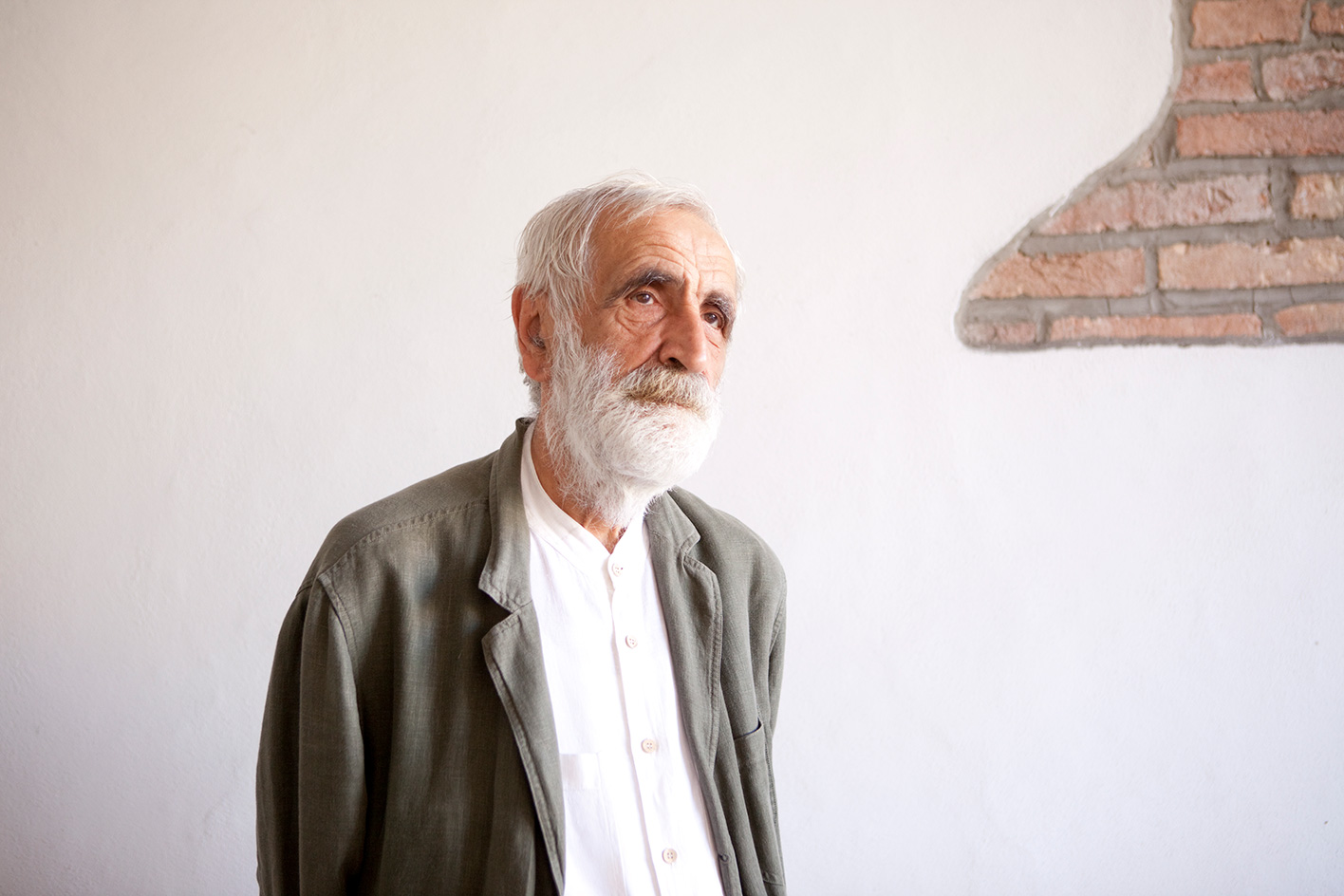
Italian designer Enzo Mari died in Milan on Monday 19 October at the age of 88. A designer as well as an artist, critic and theorist, Mari has been an inspiration and reference point for several generations of designers and design entrepreneurs, and his radical ideas have helped shape contemporary design and still have an impact today.
Mari was born in 1932 in Cerano, in the Piedmont region of Italy, and moved to Milan in 1947 taking on a variety of jobs before enrolling at the Accademia di Belle Arti di Brera in 1952. There, he studied art and literature, with a particular interest in the psychology of vision, the planning of perceptive structures and the methodology of design.
In the late 1950s he met entrepreneur Bruno Danese (who with wife Jacqueline Vodoz launched the eponymous design brand described as ‘long-term project to bring art into everyday life’, changing the face of industrial design), an encounter that helped form Mari’s career as a designer.
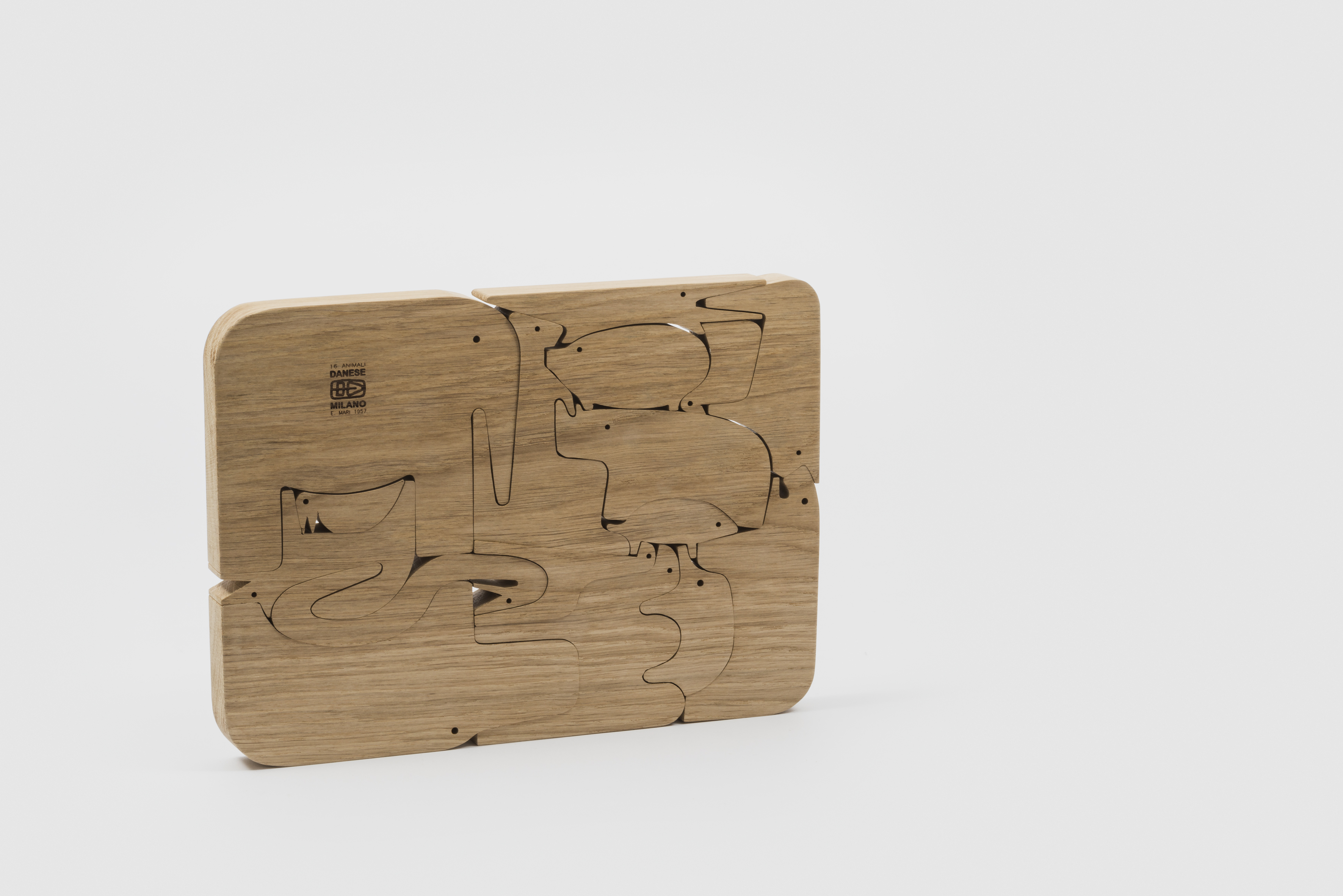
‘16 Animali’ wooden puzzle by Enzo Mari for Danese
With Danese, Mari created one of his best known and loved pieces, the ‘16 Animali’ wooden puzzle. From a single piece of oak wood, Mari designed 16 animals through one continuous cut, an object that was inspired by his research into Scandinavian children’s toys, and his own children. Each animal is designed as an object of its own, also fitting neatly within a minimalist puzzle structure: an exercise in formal creativity.
During his 60-year career, Mari went on to conceive over 1500 designs for companies such as Danese, Driade, Artemide, Zanotta and Magis, as well as illustrations, books with Einaudi and Bollati Boringhieri and imaginative works for children now edited by Italian publisher Corraini.
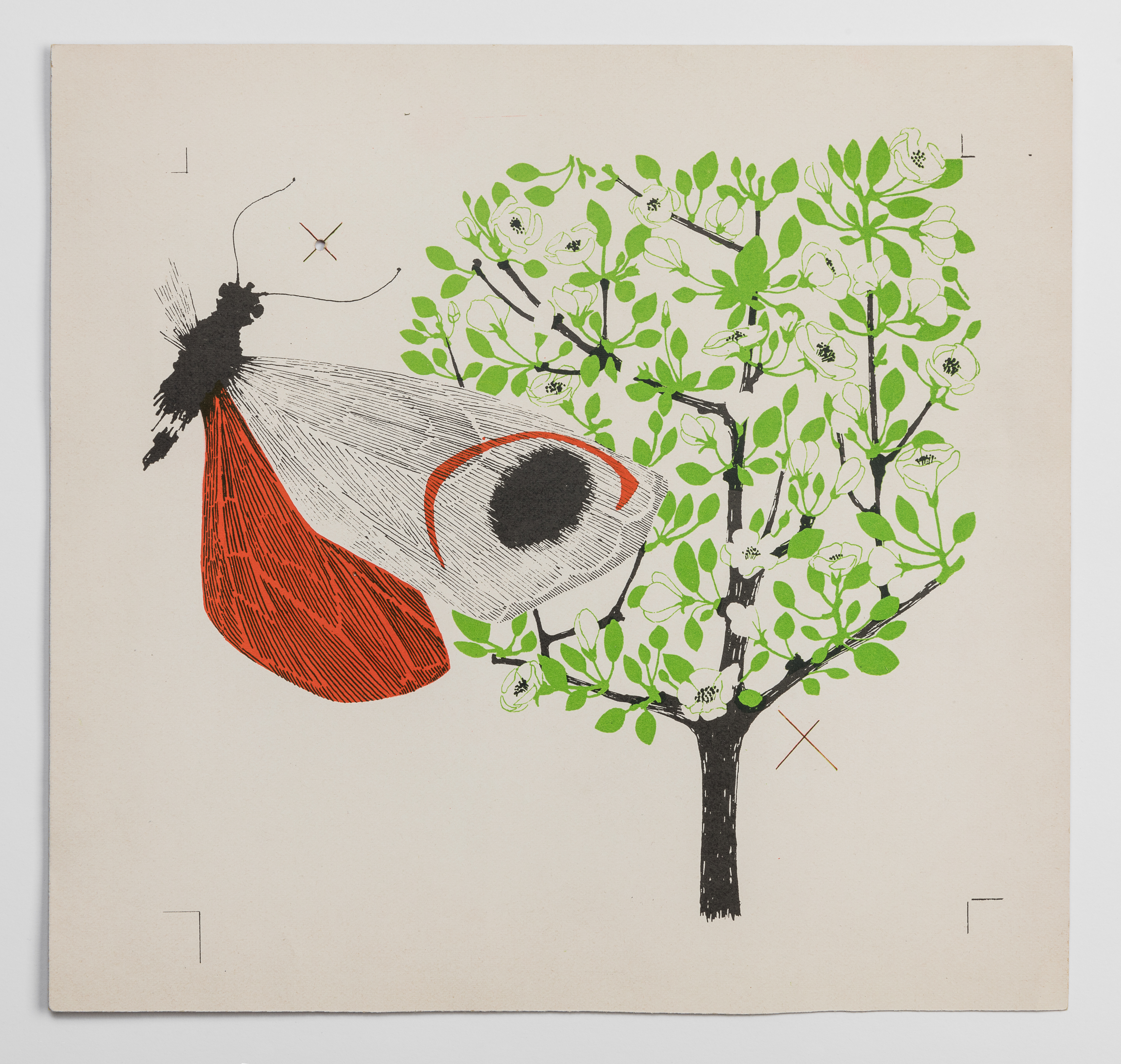
A printed draft of ‘La mela e la farfalla’ (the apple and the butterfly), from 1958
Some of his best known objects include the Putrella tray for Danese, intuitively created from a bent industrial I-bar, an archetypal shape in which Mari recognised an expressive potential. Another iconic piece he designed for Danese in 1966 is the Timor perpetual calendar, a graphic tool that represents his practical approach to creation. Made of plastic cards fixed to a central pivot, the design was inspired by railway signs and long-lasting functionality. Swiss architect Max Bill said that Mari thought creatively and built logically, a fitting description of the duality of his oeuvre.
Although Mari was perhaps more intuitively known for his designs, it is his ideas which make him one of the most radical, revolutionary thinkers of his generation. Mari’s own political views veered towards communism, something that he made sure to be reflected in his work. He saw design as a democratic utopia, a designer’s responsibility towards its community. He claimed that his work was aimed at creating a better world, by looking at future scenarios that he would tackle with his projects.
His political ideas were reflected in his definition of ‘good design’, which he described as sustainable, accessible, functional, well made, emotionally resonant, enduring, socially beneficial, beautiful, economic and affordable.
Wallpaper* Newsletter
Receive our daily digest of inspiration, escapism and design stories from around the world direct to your inbox.
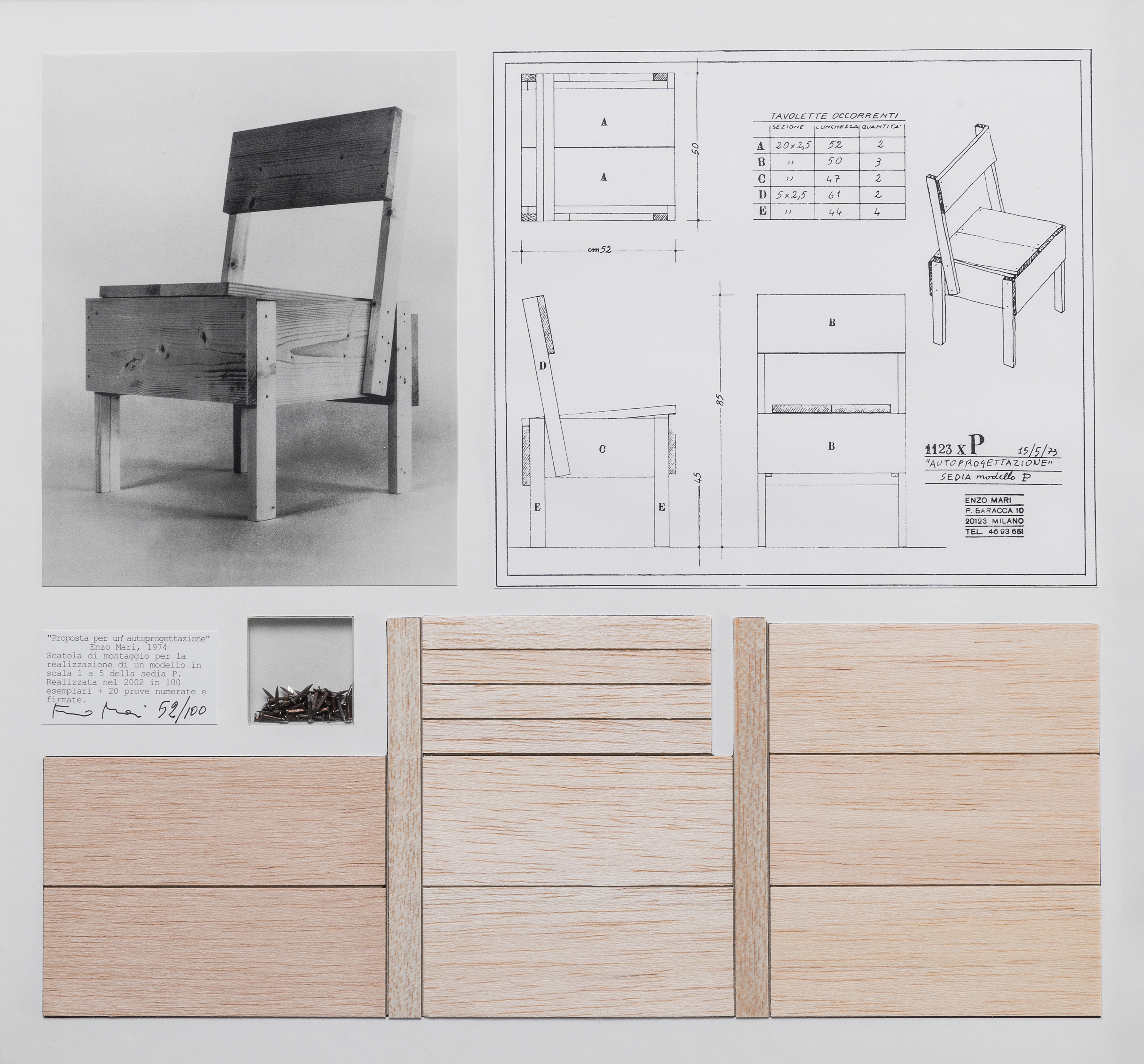
Installation box to make a 1:5 model of the Sedia P, based on the Autoprogettazione principles
A project which is perhaps Mari’s most referenced idea and a fitting demonstration of his thinking is the Proposta per un'Autoprogettazione (proposal for a self-design) series. A 1974 book presented as an instruction manual to create furniture simply using rough boards and nails, Autoprogettazione represented an economical way to produce furniture while sharing knowledge and creating awareness of the act of making.
Mari closed his studio in 2014, but his impact has always been tangible within the design industry and among creatives from all fields. His creative power was celebrated through a 2020 exhibition at Milan’s Triennale Design Museum. Curated by Hans Ulrich Obrist with Francesca Giacomelli, the exhibition offered both an in-depth overview of his work but also an opportunity for artists and designers to pay tribute to his impact. Contributions from the likes of artists Rirkrit Tiravanija, Danh Vō, the late designer Nanda Vigo, and designer Virgil Abloh among many others made it clear that Mari’s contributions to the creative industries have been far-reaching, and that his legacy will live on.
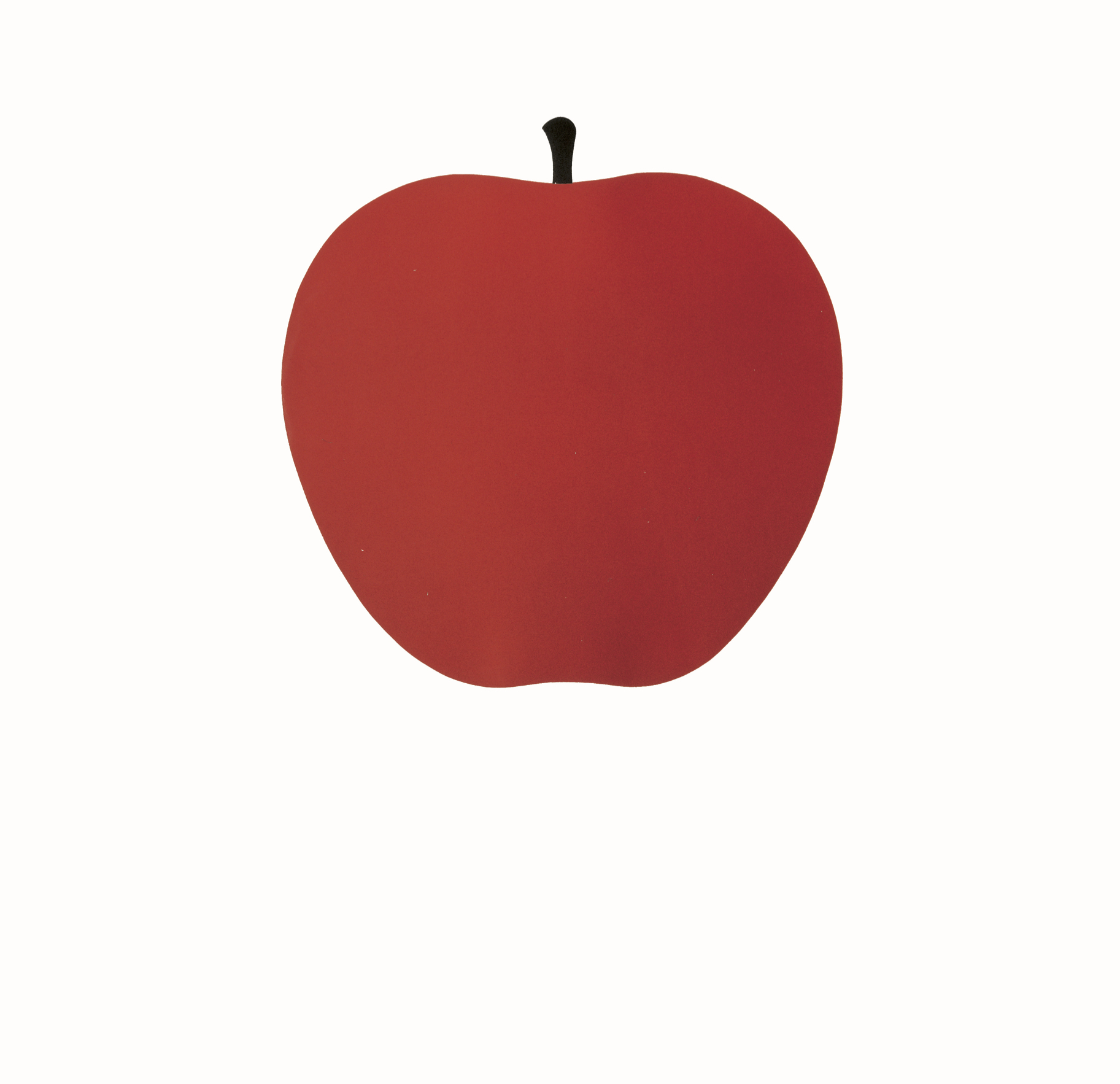
La serie della natura N. 1: la mela (the nature series N.1: the apple), Silkscreen printing on texilina, Danese.
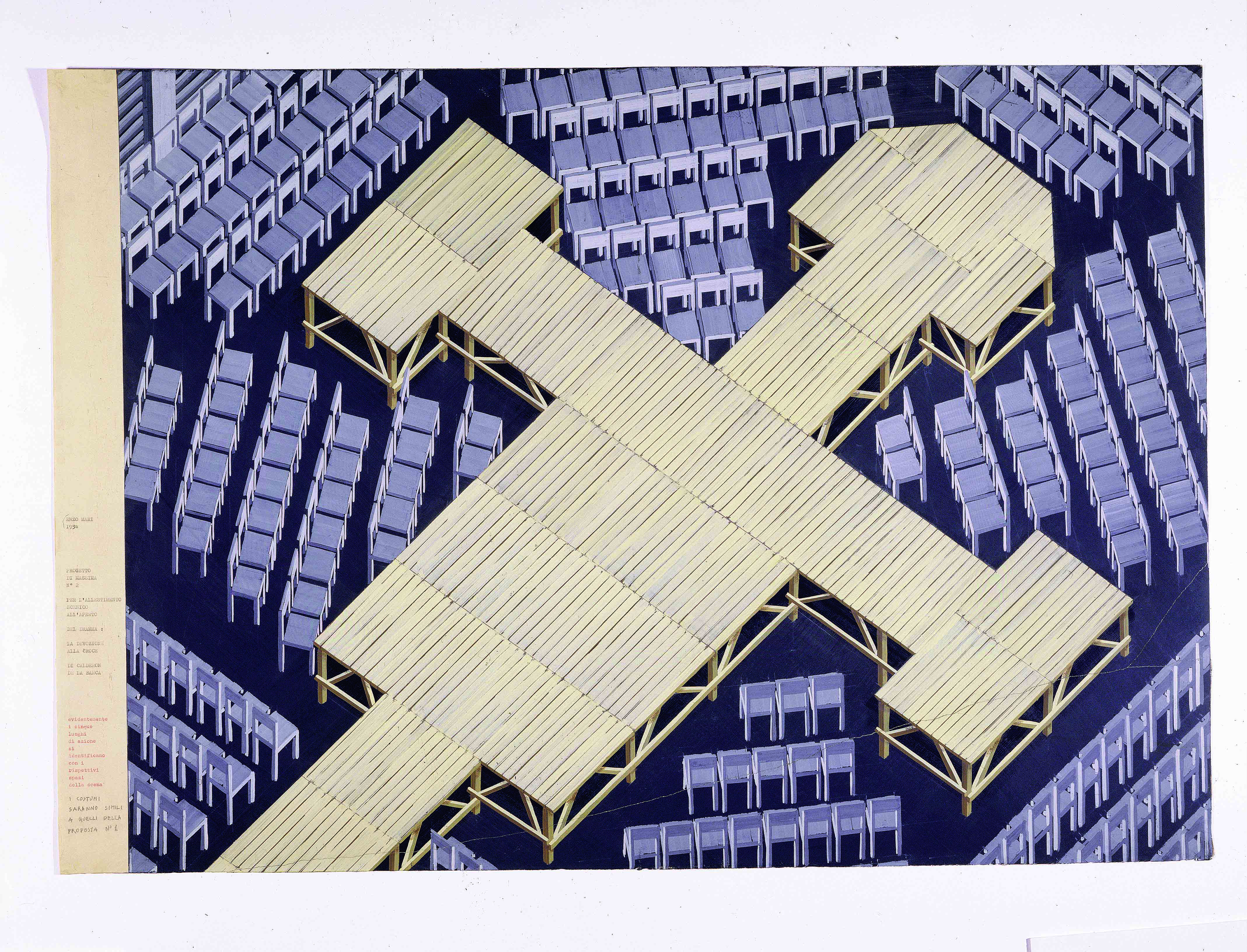
I luoghi deputati, tempera on paper, 1953.
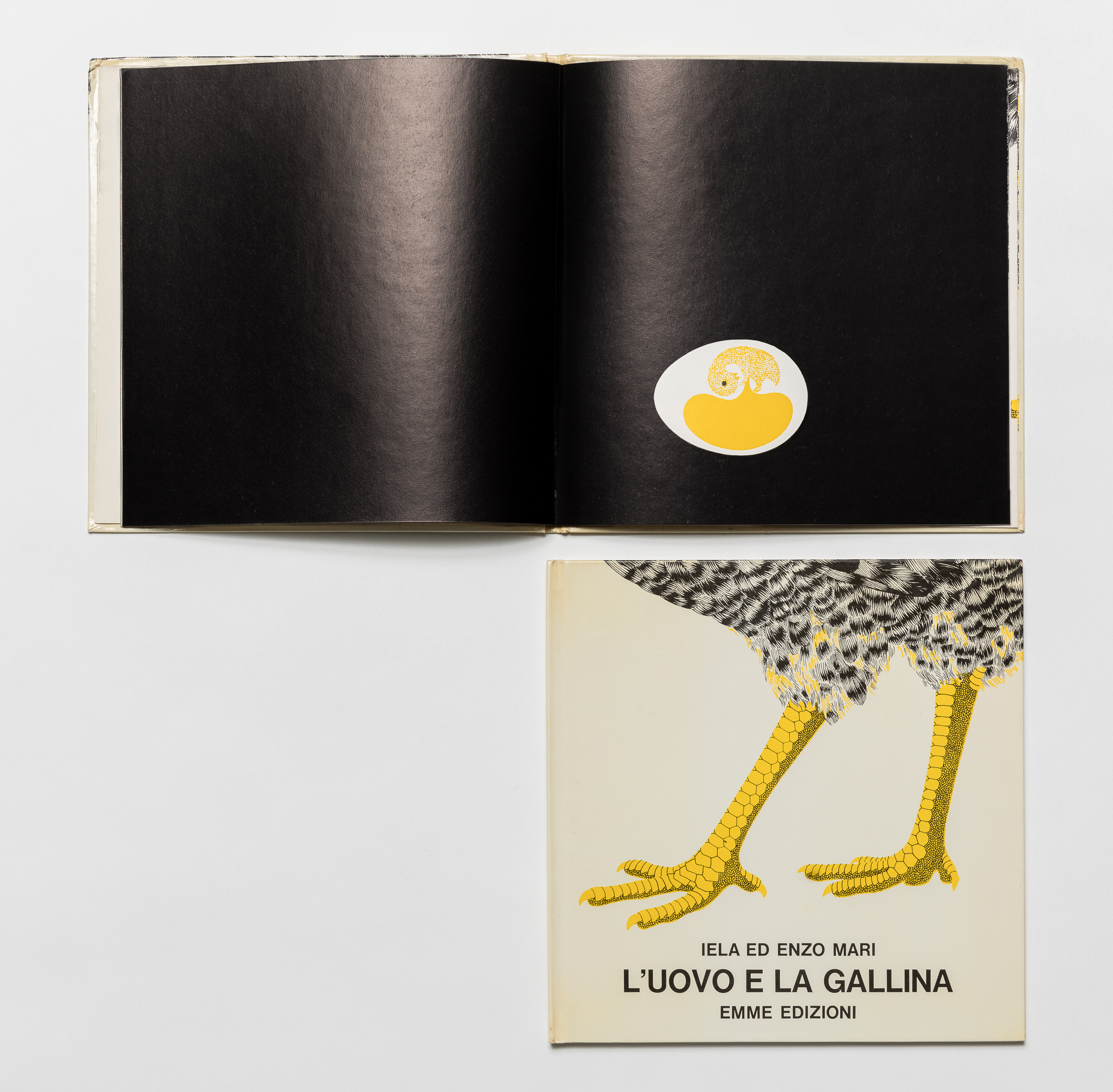
Images from the book L’uovo e la gallina (the egg and the hen), 1969
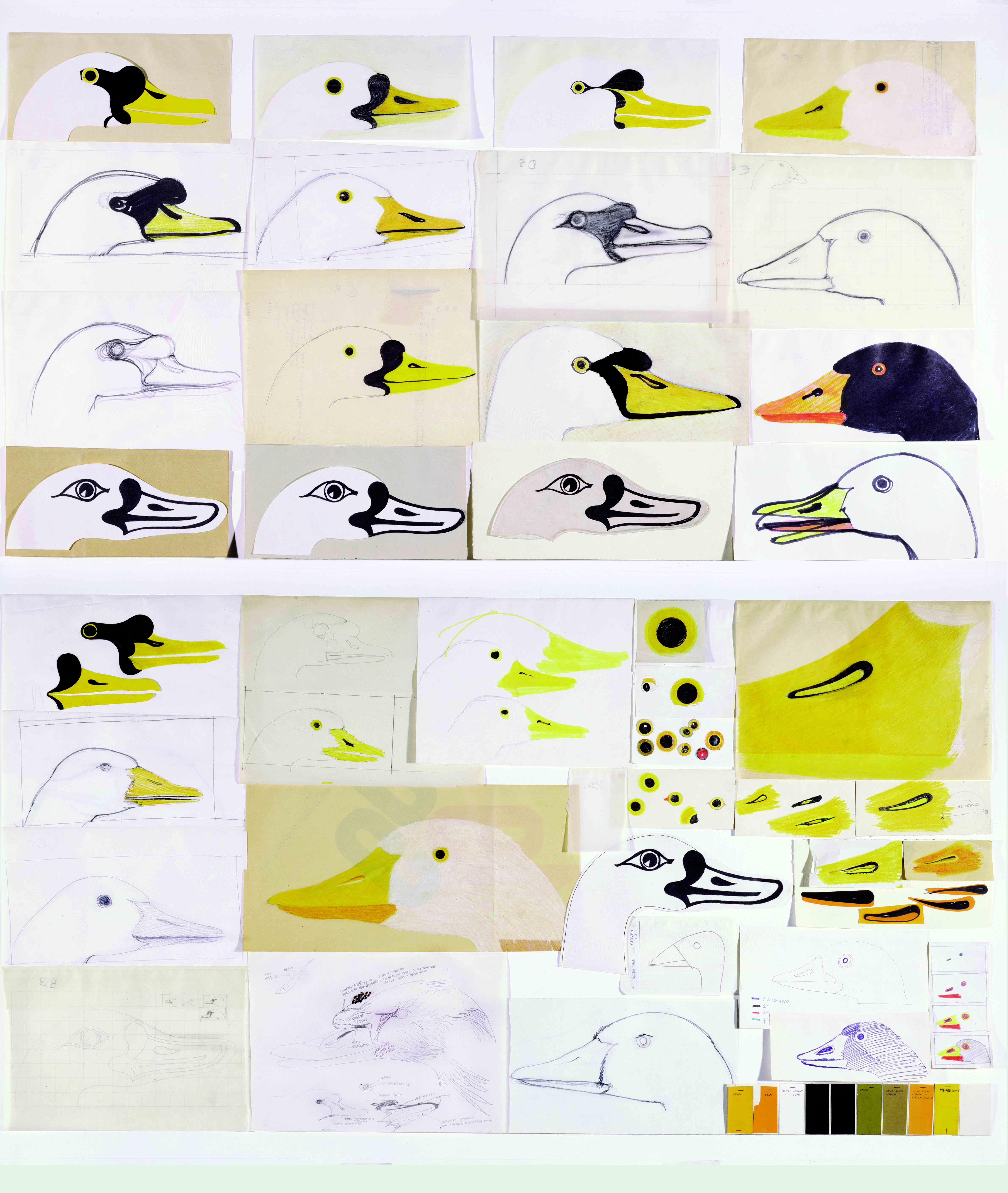
Some drawing exercises from his Serie della Natura, 1967

Il Puzzle, istruzioni per l’uso, 2009
Rosa Bertoli was born in Udine, Italy, and now lives in London. Since 2014, she has been the Design Editor of Wallpaper*, where she oversees design content for the print and online editions, as well as special editorial projects. Through her role at Wallpaper*, she has written extensively about all areas of design. Rosa has been speaker and moderator for various design talks and conferences including London Craft Week, Maison & Objet, The Italian Cultural Institute (London), Clippings, Zaha Hadid Design, Kartell and Frieze Art Fair. Rosa has been on judging panels for the Chart Architecture Award, the Dutch Design Awards and the DesignGuild Marks. She has written for numerous English and Italian language publications, and worked as a content and communication consultant for fashion and design brands.
-
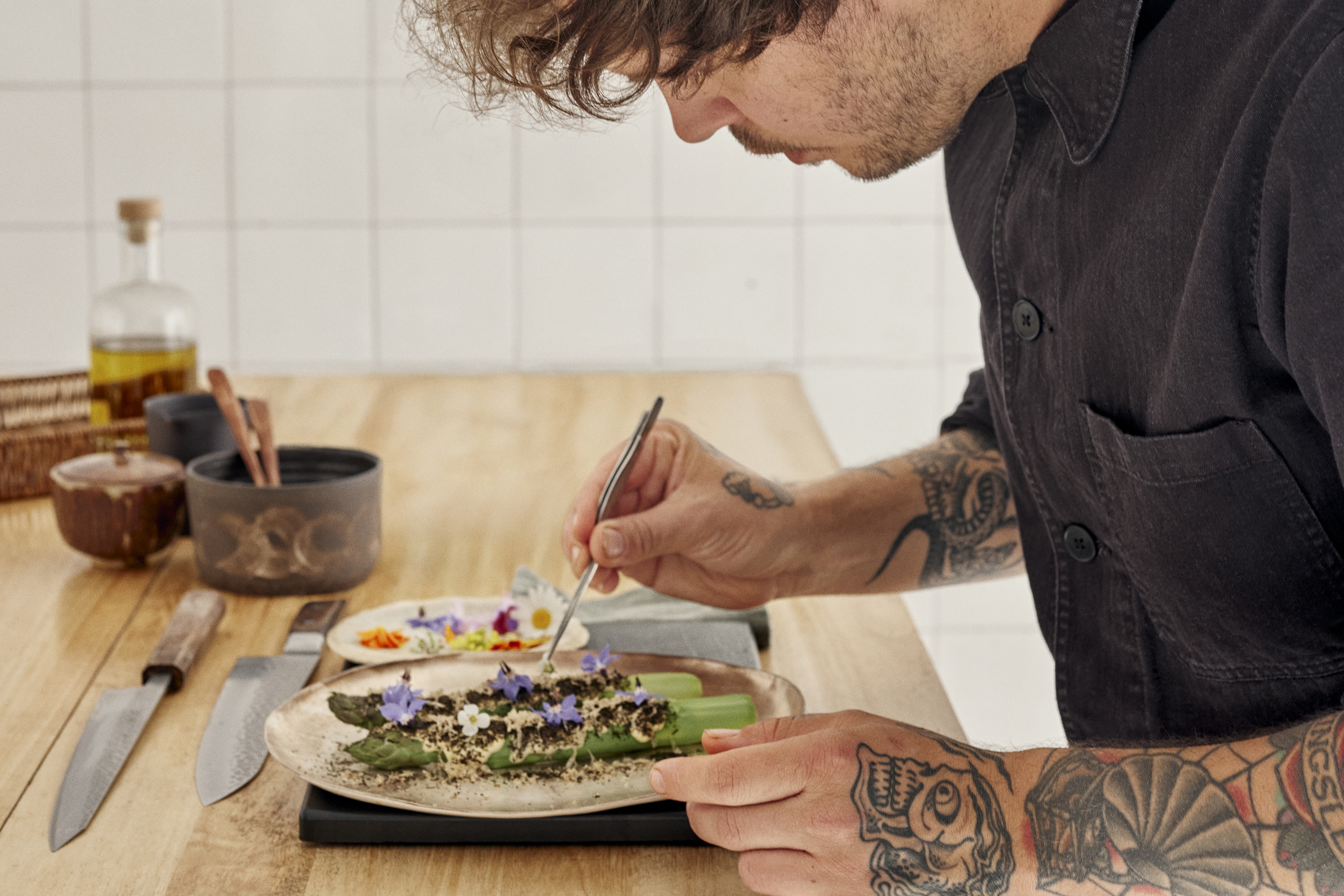 Exclusive: Airbnb’s next chapter as an all-encompassing lifestyle app
Exclusive: Airbnb’s next chapter as an all-encompassing lifestyle appThe home-booking app changed the travel game back in 2008 and now Airbnb is poised to do it again. CEO Brian Chesky talks us through the brand-new app
-
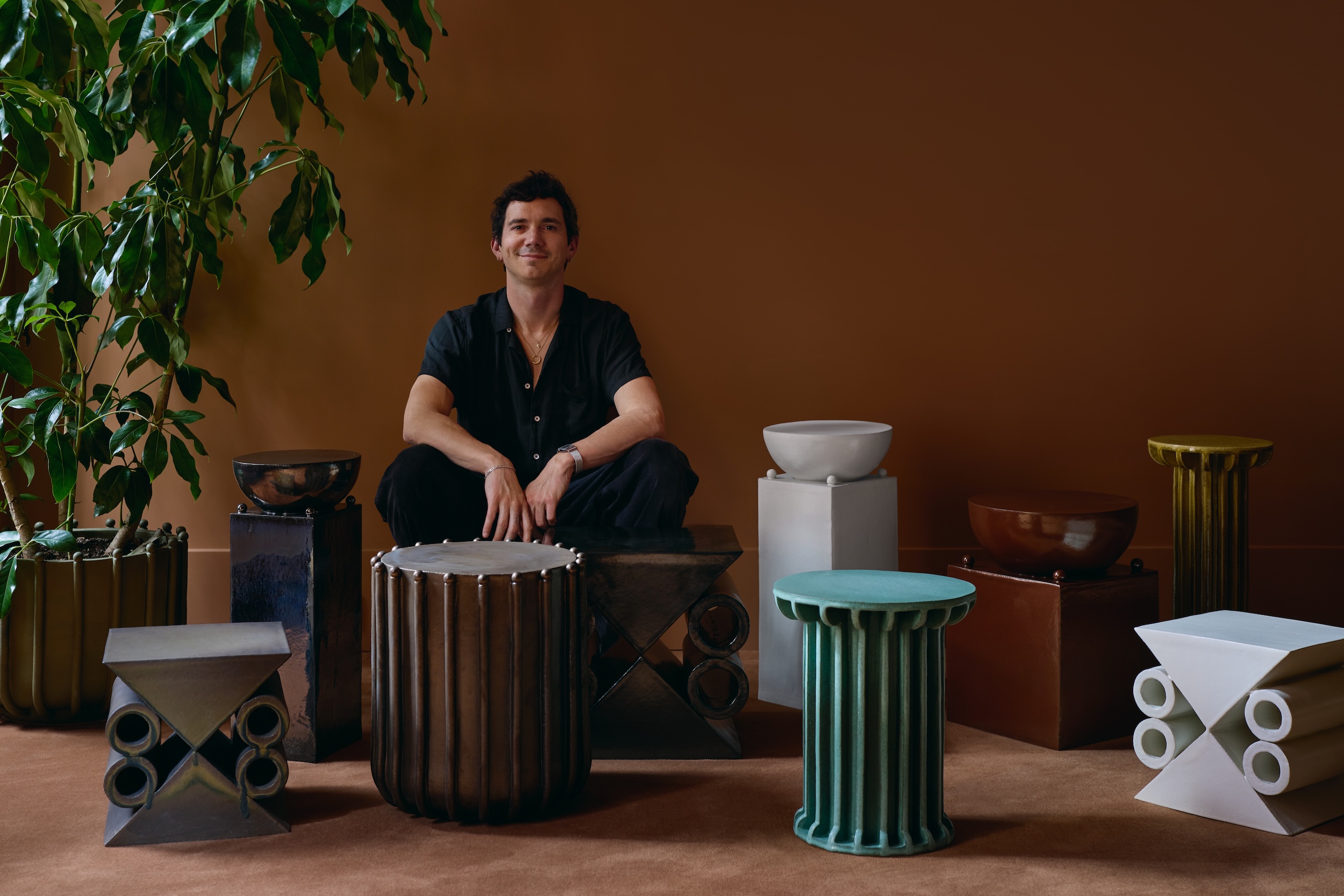 Yes, furniture can be ceramic. This artist is leading the way
Yes, furniture can be ceramic. This artist is leading the way'There’s a lot happening under the hood,' New York ceramicist Devin Wilde says of his sophomore collection.
-
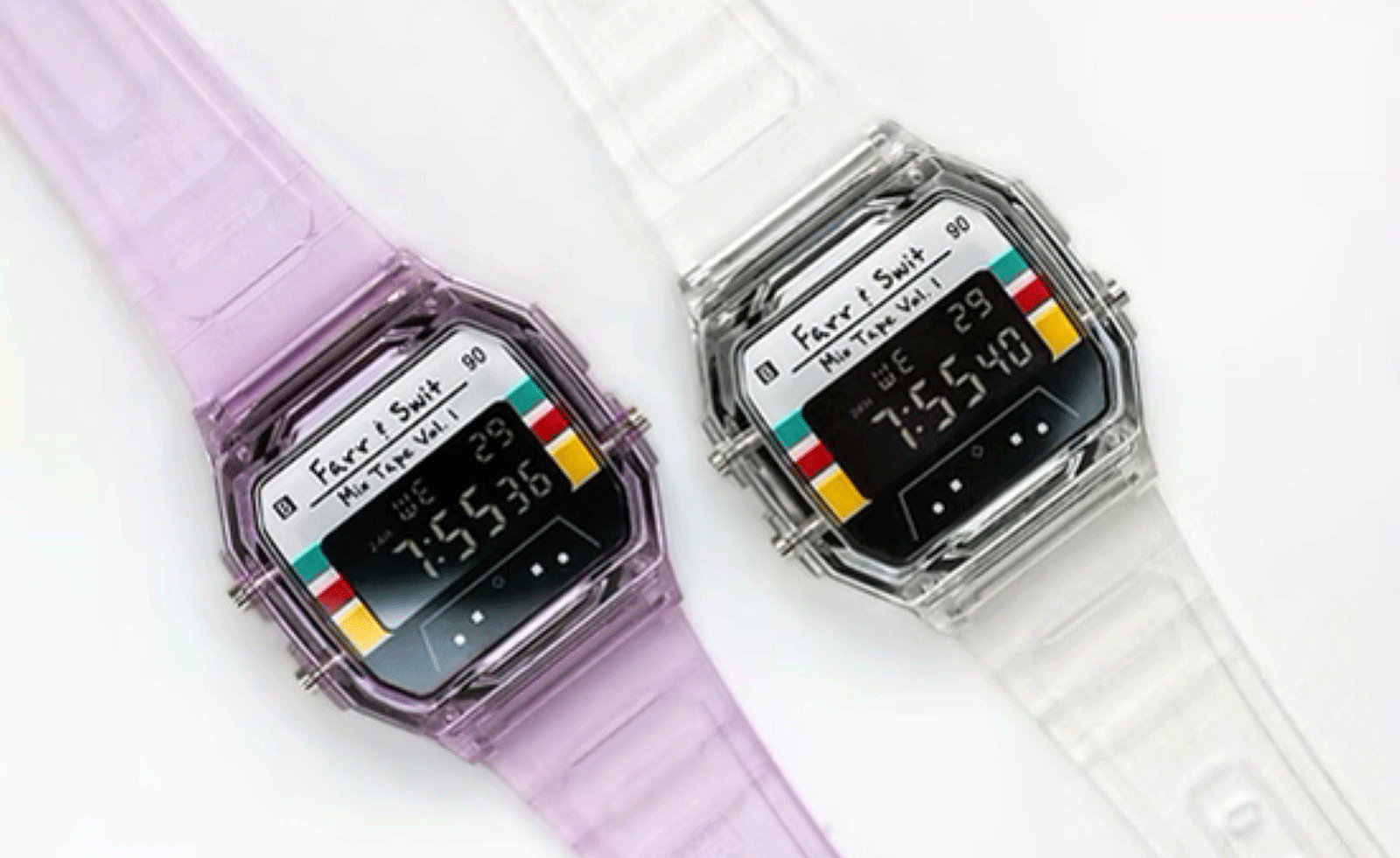 These fun, affordable digital watches are just the thing for summer time
These fun, affordable digital watches are just the thing for summer timeFrom a classic Casio to a colourful Autodromo, have fun with your wristwear with a playful digital watch
-
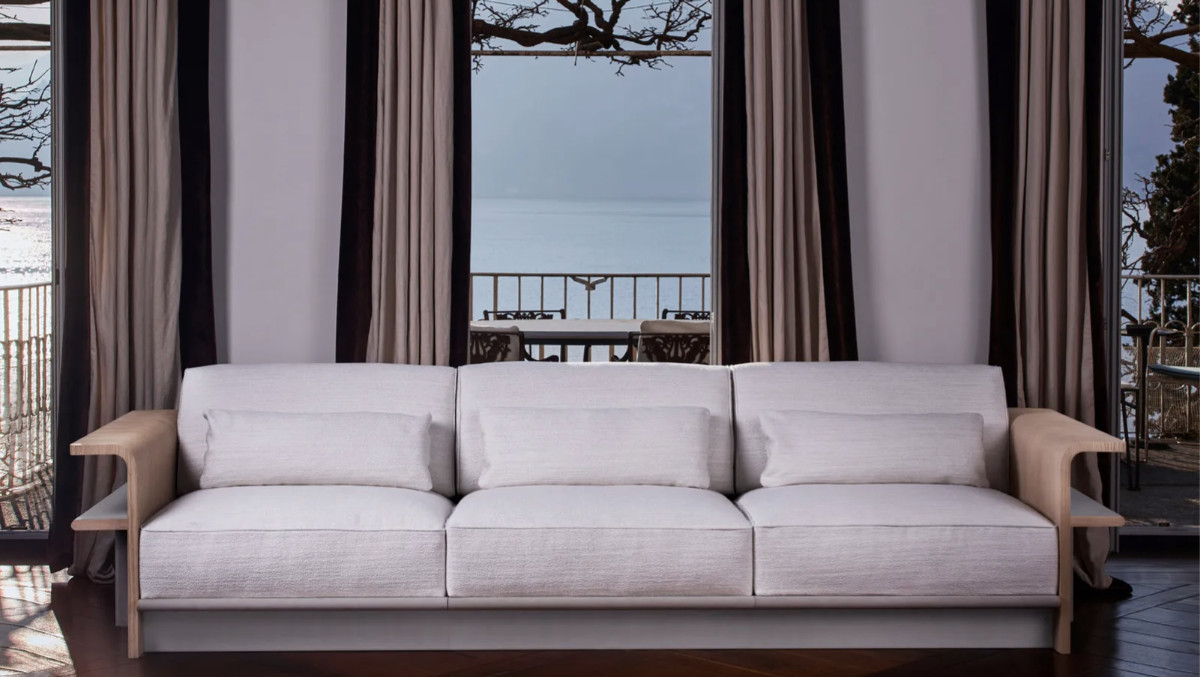 Promemoria’s new furniture takes you from London to Lake Como, with love
Promemoria’s new furniture takes you from London to Lake Como, with loveAhead of its Milan Design Week 2025 debut, we try out Promemoria’s new furniture collection by David Collins Studio, at founder Romeo Sozzi’s Lake Como villa
-
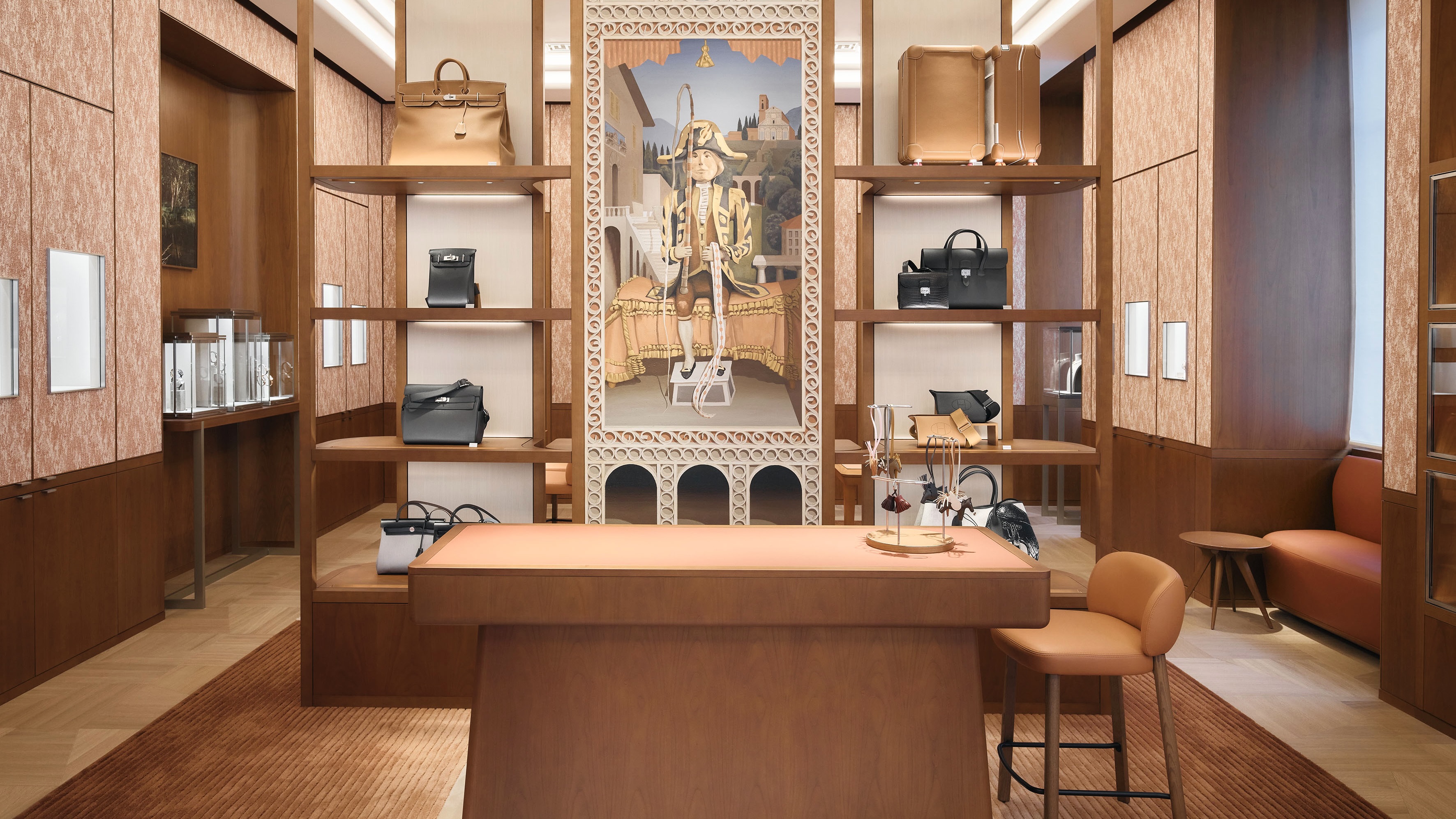 Hermès’ new Florence store is a haven of sophisticated design
Hermès’ new Florence store is a haven of sophisticated designThe Renaissance building on Via degli Strozzi boasts interiors by architect Denis Montel of RDAI, bespoke furniture pieces and an expansive collection of artwork
-
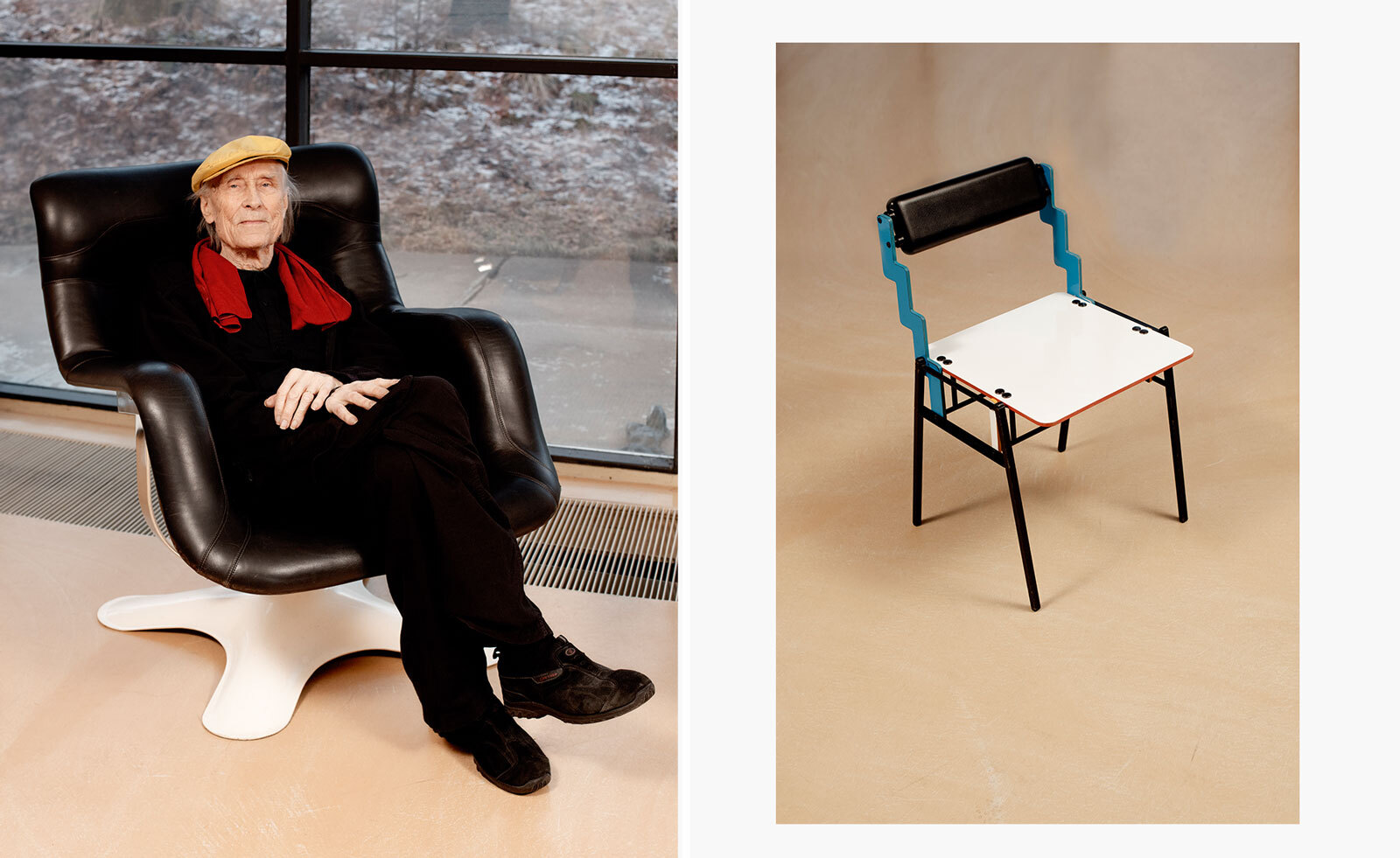 Remembering Yrjö Kukkapuro, Finnish grand master of design (1933-2025)
Remembering Yrjö Kukkapuro, Finnish grand master of design (1933-2025)Almost everyone in Finland has sat in a chair by designer Yrjö Kukkapuro, writes Wallpaper’s Emma O'Kelly, who met him at his studio in 2020 and here pays tribute to a design legend
-
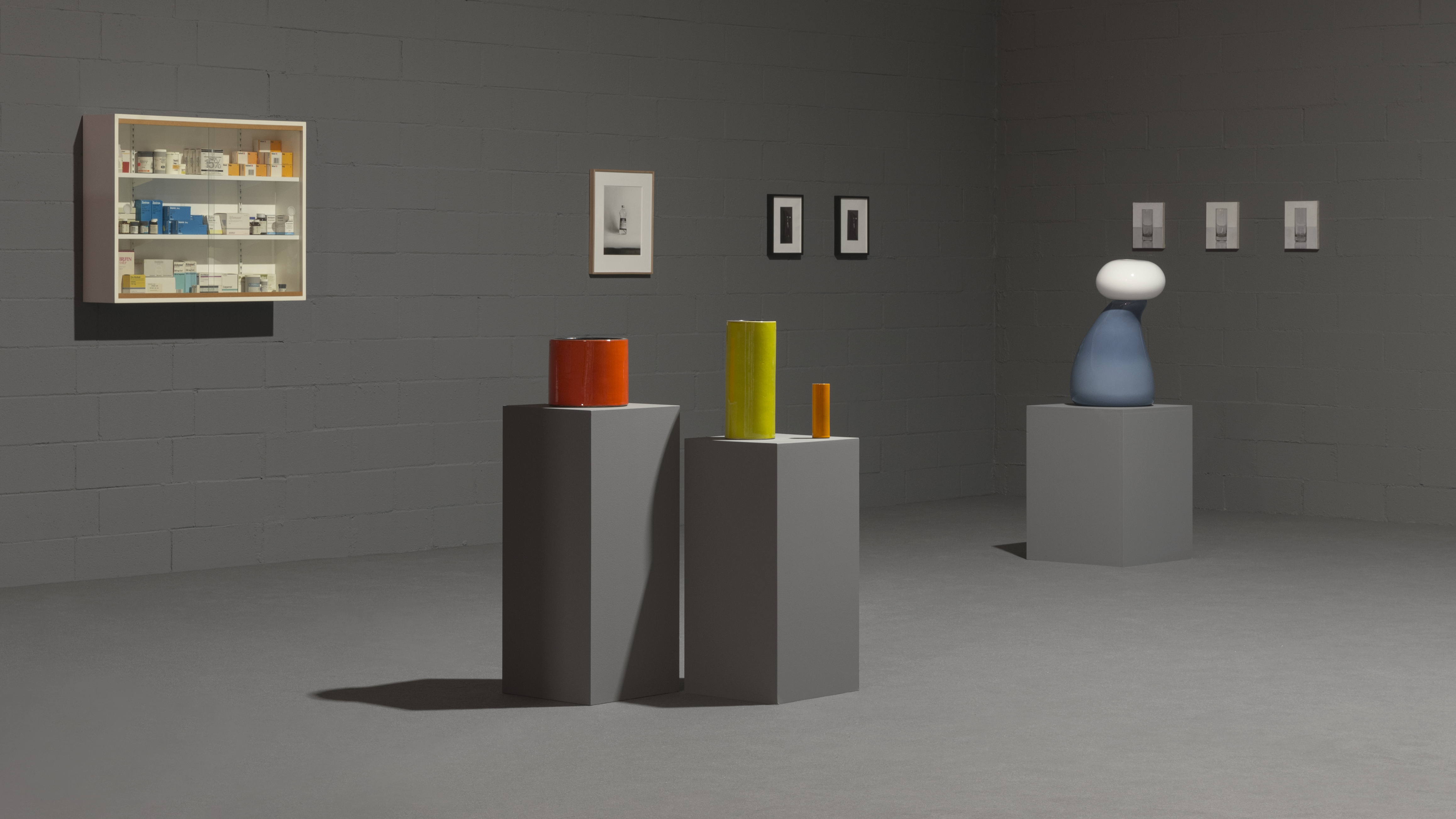 Ceramics brand Mutina stages a poetic tribute to everyday objects
Ceramics brand Mutina stages a poetic tribute to everyday objectsDesign meets art as a new Mutina exhibition in Italy reframes the beauty of domestic stillness, juxtaposing ceramics, sculpture, paintings and photography
-
 Rooms with a view: a new book celebrates the Italian approach to interior design
Rooms with a view: a new book celebrates the Italian approach to interior designLaura May Todd's survey of Italian interiors is the perfect antidote to January gloom, taking a look inside 50 distinctive Italian homes
-
 The future of Salone del Mobile: new report quantifies impact of the world's biggest furniture fair
The future of Salone del Mobile: new report quantifies impact of the world's biggest furniture fairFor the first time, Salone del Mobile reports on its size and impact. ‘Milan Design (Eco) System’ puts Salone into numbers, allowing its future and challenges to be addressed
-
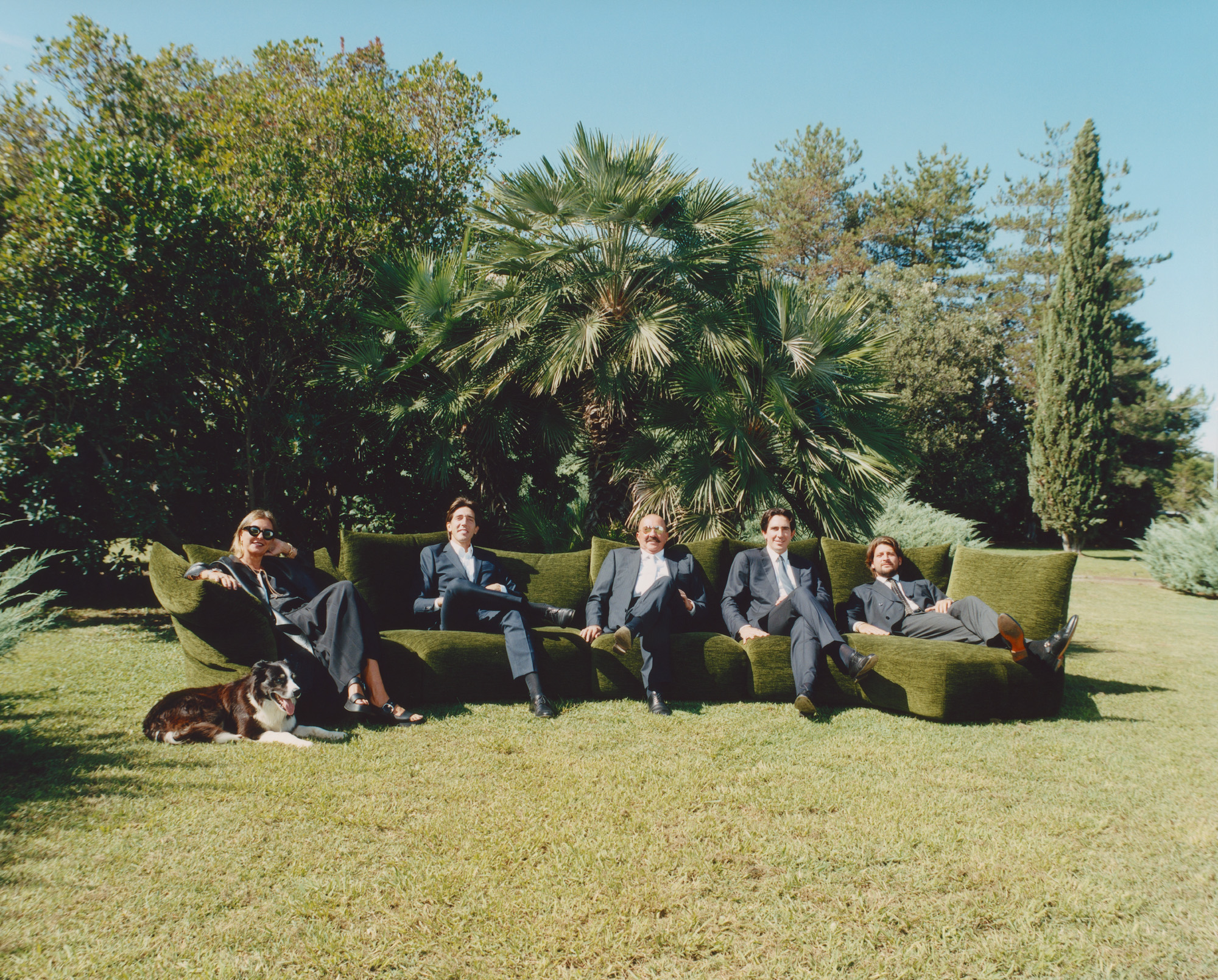 Design Dynasties: the powerhouse families of Italian furnishing
Design Dynasties: the powerhouse families of Italian furnishingWe profile the powerhouse families of Italian furnishing, uncovering the secrets of their legacies and stamina
-
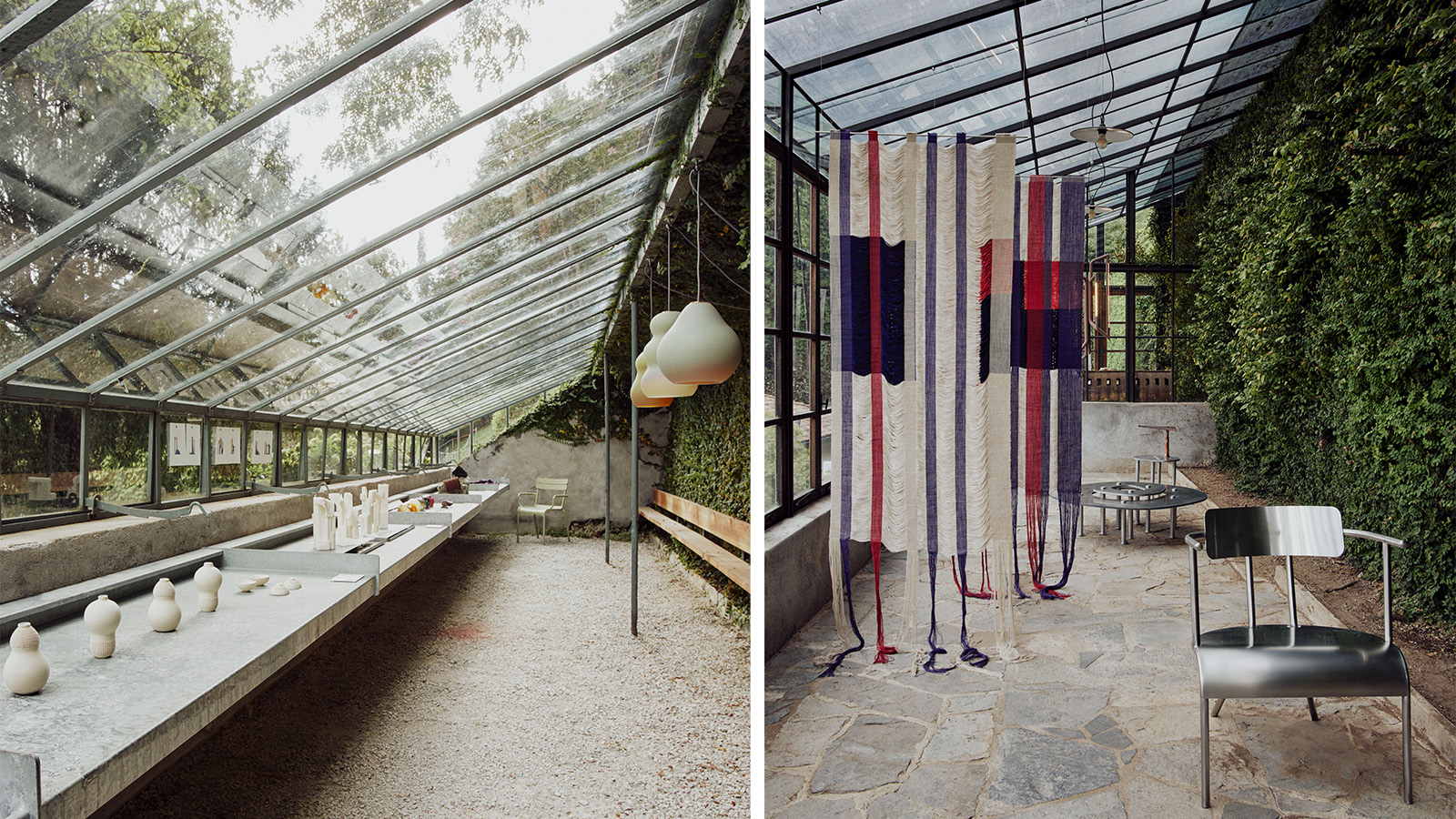 Designers make light work at Lake Como Design Festival 2024, revisiting heritage traditions
Designers make light work at Lake Como Design Festival 2024, revisiting heritage traditionsThe spectacular lakeside design festival, now in its sixth edition, occupied historic buildings and contemporary galleries with responses to the theme of ‘lightness’